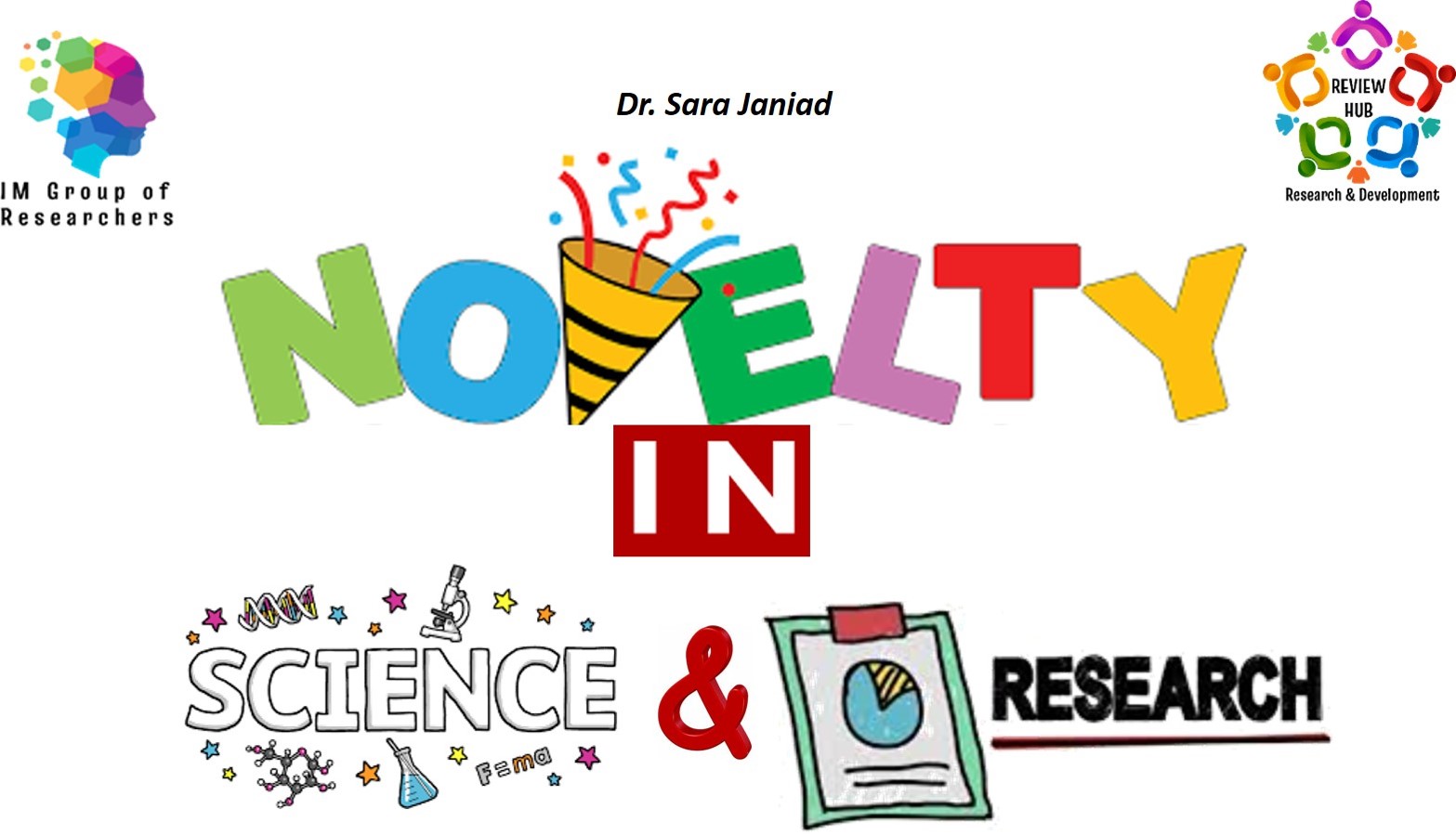Effective Strategies to Enhance Novelty in Science and Research
Novelty refers to the originality and creativity of ideas, methodologies, and findings that push the boundaries of knowledge and drive scientific discovery forward. Novelty is the cornerstone of scientific advancement, encompassing the generation of new ideas, the development of innovative methodologies, and the discovery of ground-breaking insights. It involves transcending the boundaries of current knowledge, challenging prevailing assumptions, and charting unexplored territories in search of fresh perspectives and solutions to complex problems.
Author: Dr. Sara Janiad
In-depth Literature Review
Conducting a thorough literature review is essential for identifying gaps, inconsistencies, and areas of ambiguity in existing research. Researchers should delve deep into the literature, critically evaluate past studies, and pinpoint unaddressed questions or emerging trends that present opportunities for novel exploration.

Interdisciplinary Collaboration
Collaboration across disciplines can spark creativity and foster interdisciplinary synergies that lead to novel discoveries. By engaging with experts from diverse fields, researchers can leverage complementary expertise, perspectives, and methodologies to tackle complex challenges from multiple angles and uncover innovative solutions.

Exploratory Research Endeavours
Embracing a spirit of exploration and curiosity is vital for cultivating novelty in research. Researchers should avoid venturing into uncharted territory, taking calculated risks, and exploring unconventional ideas or hypothesis that may yield unexpected insights and breakthroughs.
Adoption of Innovative Technologies and Methodologies
Embracing cutting-edge technologies, experimental techniques, and data analysis methodologies can inject novelty into research endeavors. Researchers should stay abreast of technological advancements and leverage emerging tools and platforms to explore new research frontiers and generate novel findings.

Promotion of Creativity and Critical Thinking
Cultivating a culture of creativity, curiosity, and critical thinking within research teams is essential for nurturing innovation. Researchers should encourage brainstorming sessions, foster open-mindedness, and create an environment where unconventional ideas are welcomed and explored without fear of judgment.

Translational Research and Real-world Applications
Bridging the gap between fundamental research and practical applications can enhance the relevance and impact of scientific discoveries. Researchers should actively seek opportunities to translate their findings into tangible solutions that address real-world challenges, thereby demonstrating the practical significance and novelty of their work.
Ethical Conduct and Integrity
Upholding ethical standards and integrity in scientific research is fundamental for maintaining the credibility and novelty of research outcomes. Researchers should adhere to ethical guidelines, transparently report their methods and findings, and uphold principles of academic integrity and honesty in all aspects of their work.

By embracing proactive strategies to address and improve novelty in science and research, researchers can unlock new avenues of exploration, forge new connections between disparate fields, and make meaningful contributions to advancing knowledge and improving society.
Also read: Tour to Microbiology Lab Apparatus
Follow Us on

